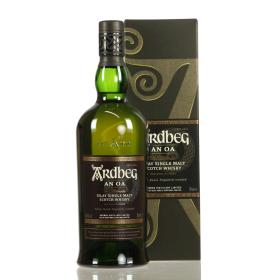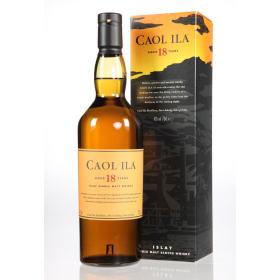Aroma - Flavour - Finish
We use these three criteria to determine the flavour of our whiskies. The aroma reflects the perception through the nose, the flavour shows what we taste in the mouth and the finish speaks about the nuances that linger after the first sip.
The individual flavour experiences
The range of flavours is huge! Not everyone smells and tastes the same. Be inspired by our examples and make your own experiences.
Sweet flavours
Pleasantly sweet flavours develop mainly during the barrel maturation process. The barrels are burnt out before filling, creating wood sugar that produces sweet vanilla and caramel flavours. Flavours of dried fruit, sultanas and dates develop if wine or liqueur wine was previously stored in the barrel.
Fruity flavours
Fruity notes that remind us of apples, bananas, pineapple and other fresh fruit varieties are created not only during barrel ageing, but also during fermentation. Fruity-smelling esters are released.
Oaky flavours
The whisky also takes on oak flavours when stored in an oak cask. Depending on the age of the cask, these vary from freshly cut wood to astringent tannins.
Maritime flavours
If a distillery's cask storage facility is located close to the coast, the whisky contains marine flavours such as salt and seaweed.
Smoky flavours
The smoky flavour is created during the malting process, when the grain is dried over peat smoke. Smoky and peaty flavours are among the most intense! They bring to mind campfires or smoked ham.
Medicinal flavours
When we perceive aromas from this category, we often associate them with hospitals and think of disinfectants. It is phenols and cresols that cause these odours. They are produced when the peat is burnt, but also during the maturing process in the wood. This is how flavour descriptions come about that speak of iodine, old leather or even shoe polish!




























To comment, you must be logged in